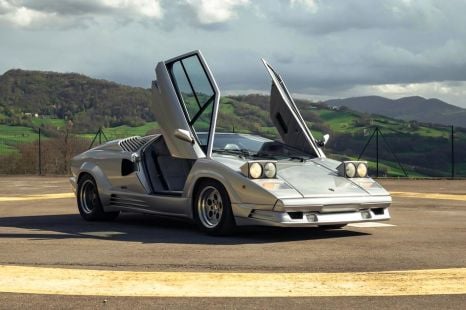

Anthony Crawford
1990 Lamborghini Countach review
5 Days Ago

Contributor
Renault Australia won’t follow Mercedes-Benz and Honda to an agency sales model.
The French brand this week declared it’s in Australia “for the long haul” with a renewed focus on SUVs and light commercial vehicles, as it looks to reverse a five-year sales slide.
“We saw what happened with Holden and we saw people asking about brands in Australia, and we just wanted to reaffirm today that is not an option for Renault,” a Renault Australia spokesperson told media.
“We are here for the long haul, and we’re staying.”
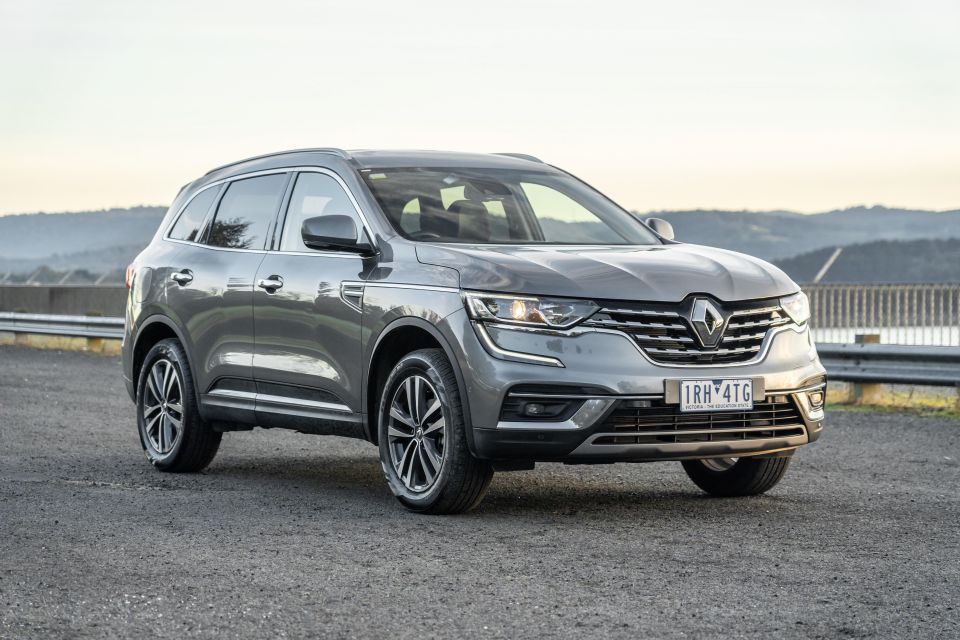
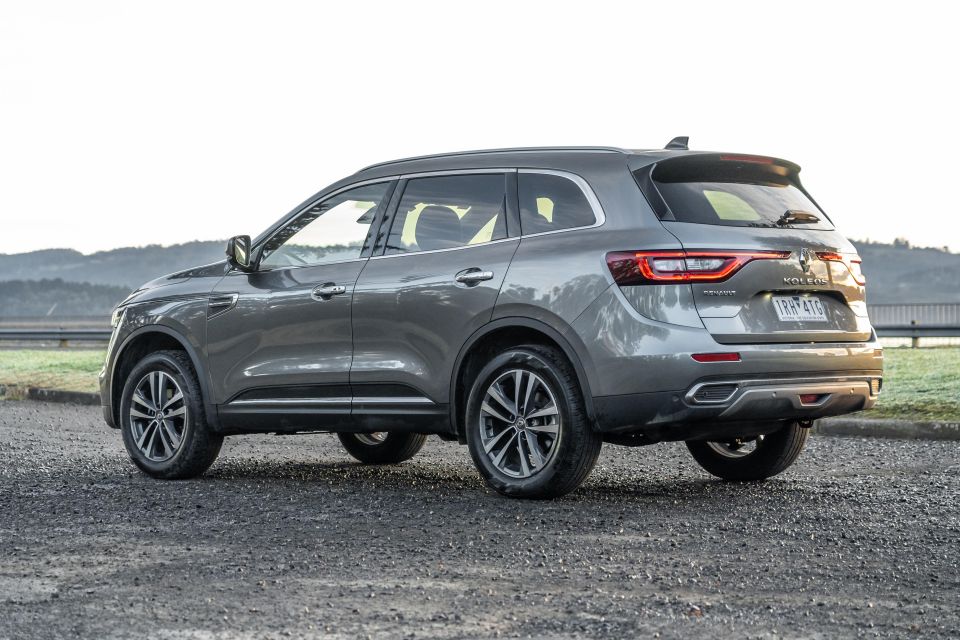
At its 2015 peak Renault Australia sold more than 11,000 cars, but annual sales dropped to 8634 in 2019, putting it behind Land Rover and Lexus, and narrowly ahead of Chinese up-and-comer MG.
The brand is sitting on 2621 sales to date in 2020, a sales decline of 33.4 per cent compared to 2019 and a significant drop compared to the 20.2 per cent decline the wider market has seen.
Renault Australia managing director Anouk Poelmann said huge volumes aren’t necessarily the goal, as the brand pitches at buyers “seeking an alternative to the mainstream”.
Plans to bring the light Clio hatchback and city-sized Zoe electric car to Australia have been cancelled, as neither could meet Renault’s “far greater volume ambitions” going forward.
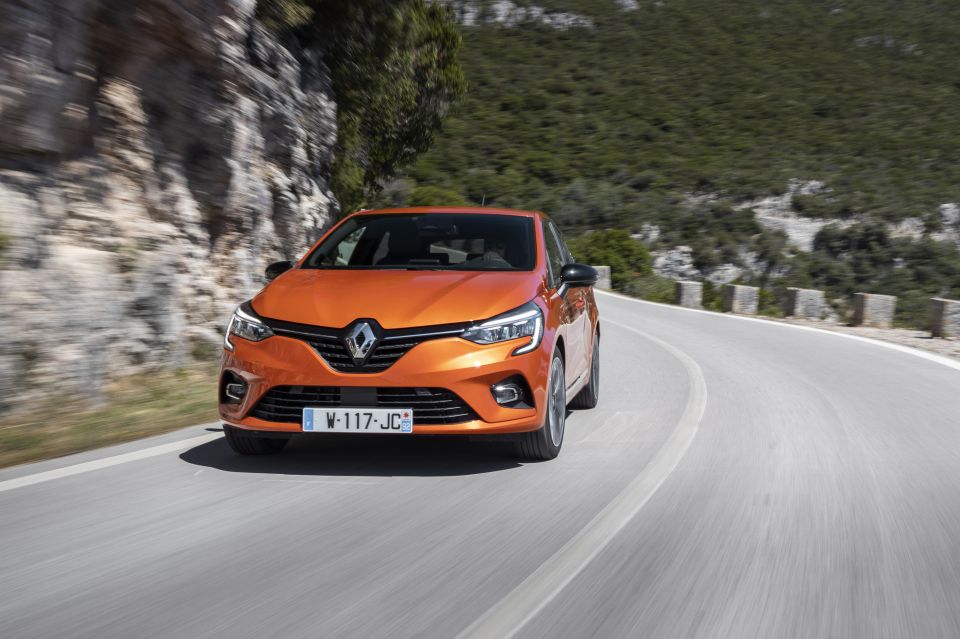
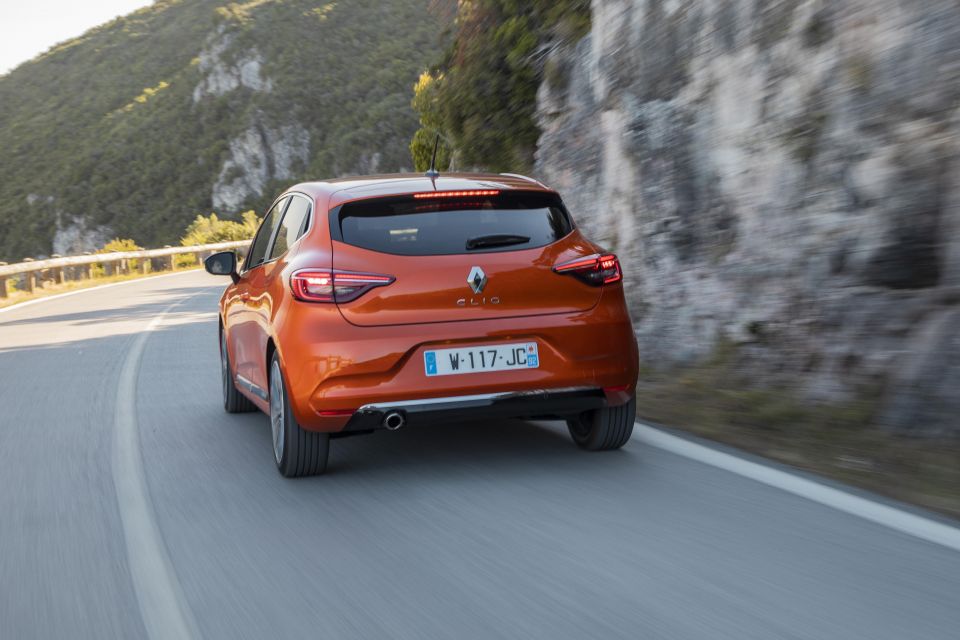
The new Mazda CX-3 and Hyundai Kona-rivalling Captur SUV will arrive in 2021, giving the brand a much-needed boost in one of Australia’s most competitive segments.
It will be followed by an updated mid-sized Koleos SUV in the middle of 2021, while the Nissan Qashqai-based Kadjar will be replaced in the second half of 2021 (after less than two years on sale) by the coupe-styled Arkana.
Renault Australia will try to encourage van sales with a five-year warranty until the end of August 2020, but says it’s negotiating with head office in an attempt to make the longer warranty permanent.
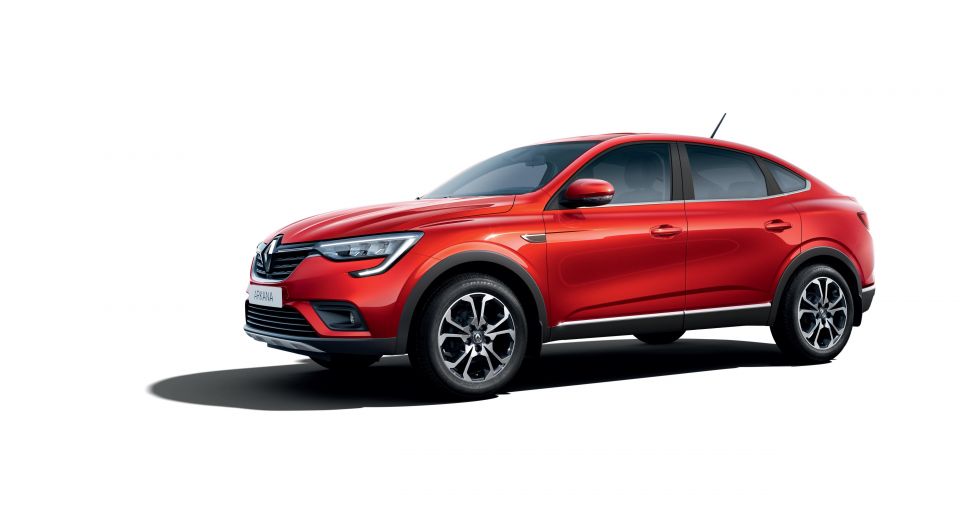
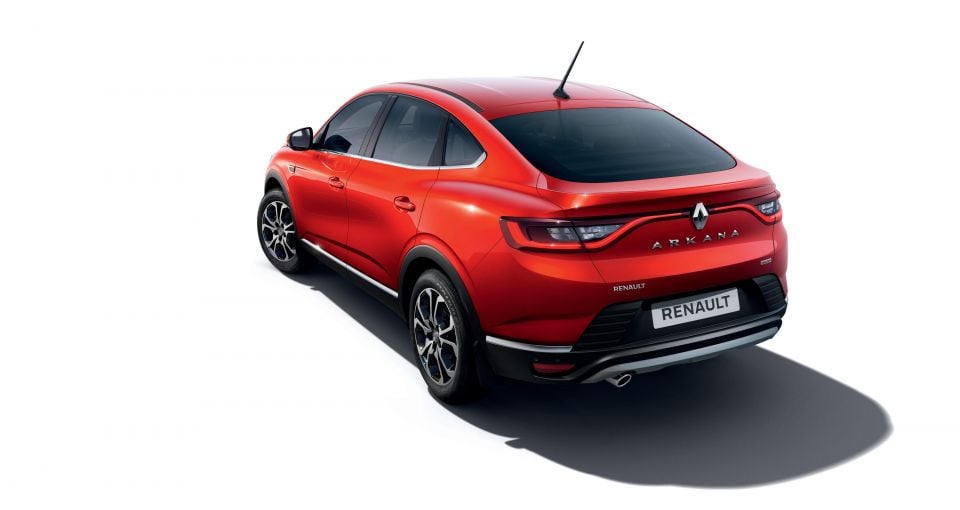
However it will be 2022 before the Trafic van gets the autonomous emergency braking technology now standard on the Volkswagen Transporter, Toyota HiAce, and Ford Transit.
Where expert car reviews meet expert car buying – CarExpert gives you trusted advice, personalised service and real savings on your next new car.
Scott Collie is an automotive journalist based in Melbourne, Australia. Scott studied journalism at RMIT University and, after a lifelong obsession with everything automotive, started covering the car industry shortly afterwards. He has a passion for travel, and is an avid Melbourne Demons supporter.


Anthony Crawford
5 Days Ago


Matt Campbell
4 Days Ago


James Wong
3 Days Ago


Max Davies
2 Days Ago
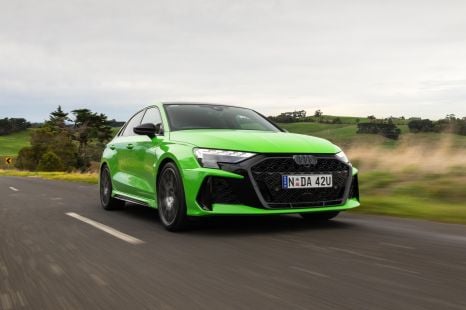

Josh Nevett
1 Day Ago
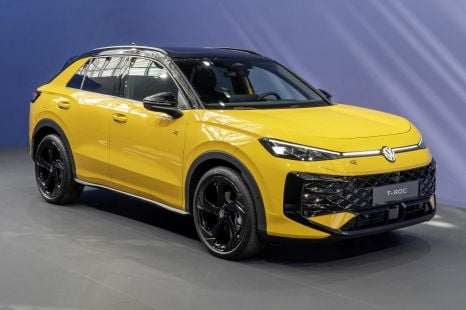

Derek Fung
13 Hours Ago